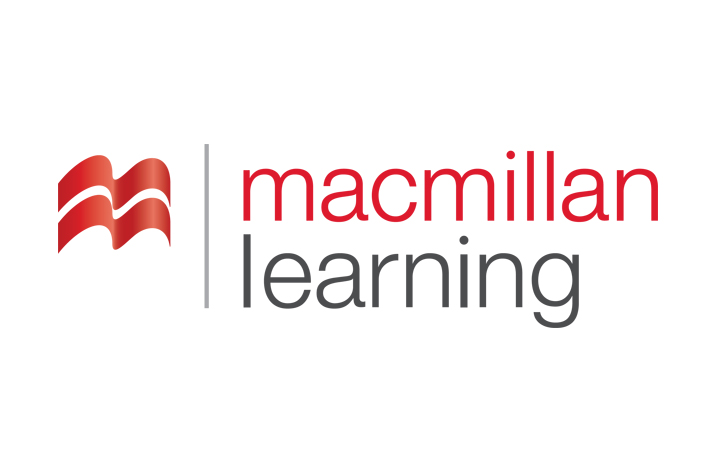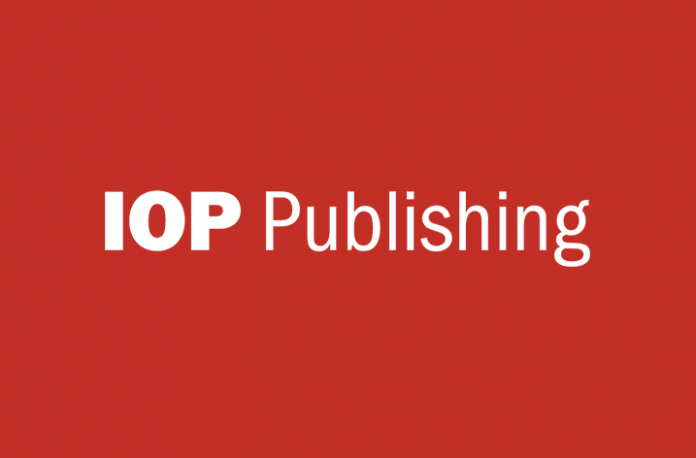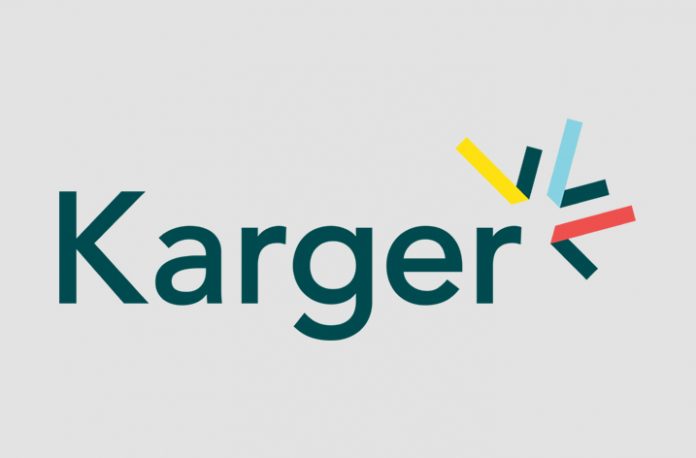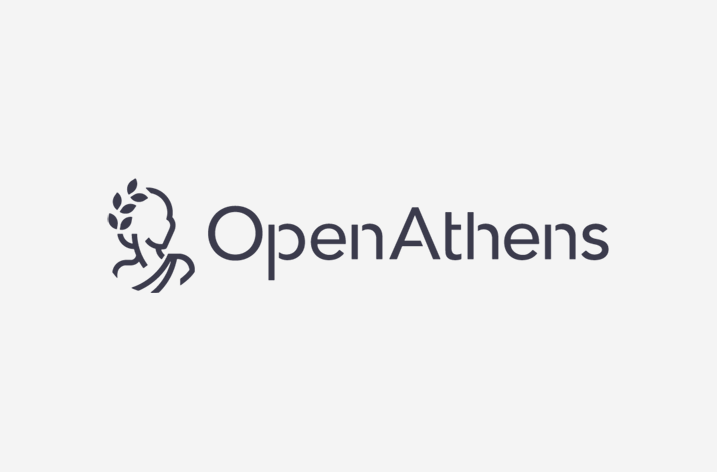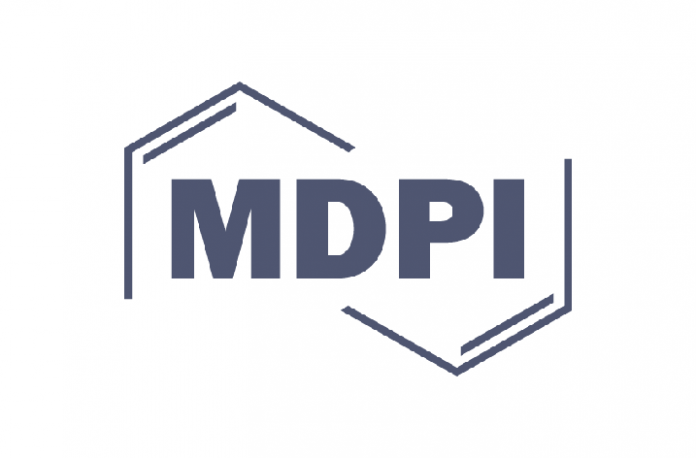Cengage, the U.S. higher education business of global edtech company Cengage Group, today announced the beta launch of its GenAI-powered Student Assistant, which more than 5,000 students will have the opportunity to test this fall semester.
“Generative AI (GenAI) presents an immense opportunity to enhance the learning experience, foster student engagement and improve educational outcomes,” said Michael E. Hansen, CEO, Cengage Group. “At Cengage Group, we recognize the importance of taking a thoughtful approach to developing and implementing AI solutions. We have spent a considerable amount of time talking to students, faculty and other industry stakeholders to ensure we introduce a solution that addresses the challenges facing students and educators in the classroom today and upholds the highest standards of academic integrity.”
Hansen continued, “I am thrilled to bring this GenAI-powered tool to market and get it into the hands of students. We know that everyone learns at a different pace and in different ways; the Student Assistant empowers all learners to better personalize their experience, increasing engagement, deepening understanding, improving outcomes, and ultimately, setting them up for greater success.”
Embedded into Cengage’s online learning platform, MindTap, the Student Assistant guides students through the learning process, providing access to relevant resources right when they need them, with tailored, just-in-time feedback, and the ability to connect with key concepts in new ways to improve student learning. The Student Assistant does not provide answers, rather, it helps students understand concepts, apply learnings and arrive at the correct answers.
“At Cengage, creating quality, engaging learning experiences has always been our paramount priority,” said Cheryl Costantini, SVP, Product Management, Cengage Academic. “The Student Assistant offers a valuable enhancement to complement the classroom experience and create a more equitable learning environment for every student.”
Over the last two years, Cengage has conducted mixed-methods research studies with over 3,000 faculty and 200 students to better understand classroom challenges and how AI can enhance learning. This understanding led to the creation of Cengage’s patent-pending GenAI approach that leverages intelligent language models, alongside Cengage-owned content, to tailor the Student Assistant to a specific discipline within the Cengage portfolio.
Costantini added, “We know there is heightened concern about academic integrity and rigor – in fact, it has consistently ranked as the top concern for faculty we’ve surveyed, with over 80 percent citing it as the top risk of GenAI. Educators fear students will only look to this technology to cheat. We kept this top of mind throughout product development to ensure we created a tool that is laser-focused on helping students learn.”
The Student Assistant is trained to prioritize pedagogy and have advanced expertise in a respective discipline, but is confined to the knowledge only in a given course area. Within each discipline, instructors, who are subject matter experts, and students train the Assistant to ensure accuracy and academic integrity, remove bias and set the right tone. Additionally, given the rapid evolution of GenAI, Cengage’s technology and innovation team is evaluating multiple large language models (LLMs) to ensure the most optimal model is being used for each discipline. This approach – unique from other AI-powered assistants in the market – helps focus the technology and creates a better learning experience for the student.
“I always have a number of students each semester that ask for tutor services, but as a Community College, we don’t have tutor services available for economics,” said Noreen Templin, Department Chair and Professor of Economics at Butler Community College. “The Student Assistant offers an opportunity for every single one of my students to have a private tutor. This not only provides support to them at times when I can’t – like the 3 A.M. study push – but also helps narrow down the gaps in their understanding.” Templin continued, “Often students will come to me because they are confused, but they don’t necessarily know what they are confused about. I have been incredibly impressed with the Student Assistant’s ability to help guide students to better understand where they are struggling. This will not only benefit the student but has the potential to help me be a better teacher, enable more critical thinking and foster more engaging classroom discussion.”
According to Cengage’s research, both faculty and students see the most potential for GenAI assistants in disciplines that deal with critical thinking and multi-step processes. With this in mind, Cengage selected four courses for the beta test where AI can deliver meaningful value: Principles of Management, Organizational Behavior, Lifespan Psychology, and Principles of Economics. Cengage will be evaluating several factors in this beta evaluation, including student engagement, learning outcomes, satisfaction and the value for both students and educators
Cengage plans to expand availability for the Student Assistant in Spring 2025.
























